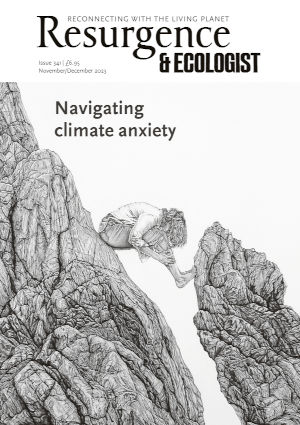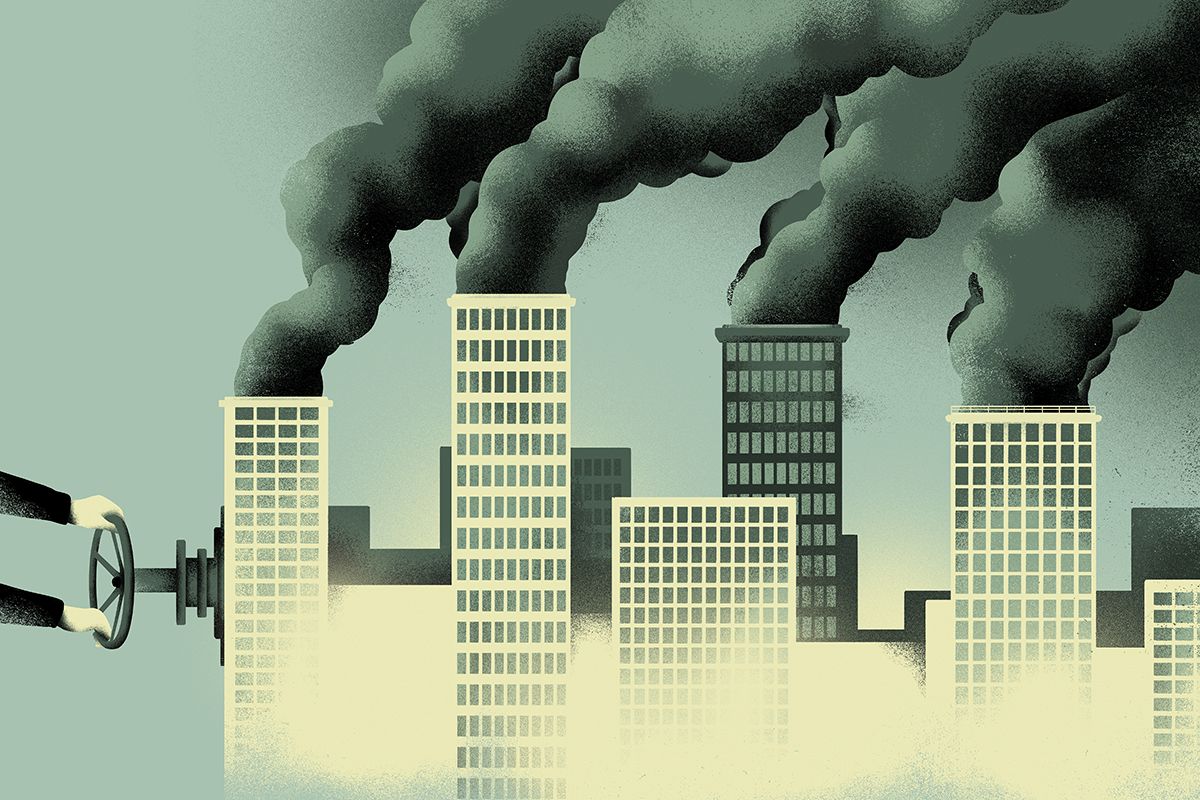As the climate emergency hits ever harder, the need to bring more groups together in a broader coalition means that younger activists are becoming even more intent on sweeping away the ineptitude and double-dealing of profiteering governance that seeks to pacify people using the divide-and-rule politics of yesteryear.
Just Stop Oil (JSO), This is Rigged and other actors are bringing accountable and non-accountable nonviolent direct action to counter this. Just Stop Oil began its relentless campaign in April 2022 with a series of oil refinery shutdowns that dried up the forecourts of many of South East England’s petrol stations. It then moved on to closing down the M25 for a week, coinciding with the opening of the COP26 climate conference in Sharm El Sheikh in November of that year. Then came slow marching through London, day after day after day. The group’s demands are: no new oil, gas or coal licensing; free public transport; and retrofit insulation of all social housing. Following Insulate Britain’s campaign a year earlier, there are now a number of small insulation co-ops forming around the country.
Reformist agendas are off the table, root and branch, but radical change is not. Younger activists in particular are not prepared to kick the can down the road any longer.
“I’m 25, and I’m not getting talked down to by people in their forties [or fifties or sixties] – I don’t even know if I’ll get to 40, so it’s scary,” one younger JSO member told me recently.
Green Anticapitalist Media, which works alongside the Green Anticapitalist Front, claims: “By ignoring intersectionality and seeking reform, rather than the total destruction of oppressive and ecologically catastrophic structures in their entirety, the movement is weakened to the whims of politics – a game the State will always win.
“It is not realistic for anyone who is not white with a stable house and finances to put themselves in a position where they are forced to be brutalised and arrested and attend court. This strategy of playing within the system aids the State’s ability to quell dissent and manage resistance, rather than generating any real threat to the systems of domination.”
Time is of the essence, however, and if you are to win anything, however small, you would think the environment movement must necessarily play the percentage game – and relentless, nonviolent resistance is effective, just as some might argue for self-defence or violent resistance.
Following the far from surprising revelation in May 2023 by the Times News Network, the news agency of the Times of India newspaper, that the British prime minister’s wife’s family company Infosys signed a £1.3 billion deal with BP (to provide primary application services) just a month before Rishi Sunak’s announcement of the granting of 100 new oil and gas exploration licences, many people are naturally outraged. This came on top of Shell’s CEO, Wael Sawan, joining the prime minister’s business council.
Social tipping points are nearing. When you have BBC journalists (Justin Rowlatt and Sarah Montague, to give two examples) on prime time actually telling it as it is, the pressure valves begin to buckle. Rowlatt, reporting on News at Ten in July this year, talked of the hottest week ever recorded, with global average temperatures at 17C. As he said, humans have been around for 300,000 years but it is only since the Industrial Revolution that the stability of temperatures has been shattered, with CO2 emissions increasing from 275 parts per million (ppm) pre industrialism to around 420ppm now, and with atmospheric carbon approaching 500ppm when methane is taken into account.
The big ideas for mitigation revolve around carbon capture, geo-engineering, Lovelockian space science – any which way, if you like, of slashing emissions by half in the next seven years. American biologist E.O. Wilson proposed ‘half Earth’ – the imperative to give half of the planet back to rewilding. His ideas are concretised by James G. Anderson, the Harvard climate scientist who, back in July 2015, made plain that as the Arctic warms (and in 2023 it is warming 4.5 times faster than the rest of the world), the temperature differential becomes closer to the tropics, the overturning capacity of atmosphere relaxes, and the stratosphere becomes wetter.
In a broadcast in July this year, David King, a former chief scientific adviser to the UK government, and chair of the Climate Crisis Advisory Group, explained how this change is causing devastating fluctuations in the jet stream – the high winds that travel anti-clockwise around the Arctic Circle – giving rise to the extreme weather we are currently witnessing and will witness again next year and the one after that. Picking up on Will Steffen’s research at Australian National University, King pointed to the ‘irreversible’ melting of Greenland, which Steffen predicted would take place by 2045, leading to an 8-metre rise in sea levels. This would mean that by then London could be under water.
With the science thus far being proved to be conservative rather than alarmist, the precautionary principle is called for.
The Humanity Project and its assemblies are geared towards this. The sociability aspect of broad-church environmentalism is key: on the one hand you have unrelenting waves of direct action through Just Stop Oil/Animal Rising/Earth First! and so on, while on the other you offer realistic goals to a wider, more diverse constituent (Blaksox, for example) and bring new energy to civil resistance.
All the time, the demand is for an end to new oil, gas and coal, an immediate, wide-scale shift to renewable energy, and measures for energy conservation, zero waste, free public transport, and circular, steady state, localised economies/anarchies, all centred upon organised, friendly, grassroots communities.
Caroline Rance, a climate and energy campaigner for Friends of the Earth Scotland, described the government’s climate policy as a “farcical plan”, even before Zac Goldsmith quit as a government minister in July this year over what he described as the government’s “apathy in the face of the greatest challenge we face”.
Rance explained: “[The policies are] designed to set the bar so low that the oil industry gets to lock us into their climate-wrecking business-as-usual for decades to come. The UK government should immediately stop granting permission for new oil and gas projects, and instead begin a managed phase-out of existing fields while ensuring a just transition for affected workers and communities. The simple fact is that there is no such thing as a climate-compatible oil and gas development.”







